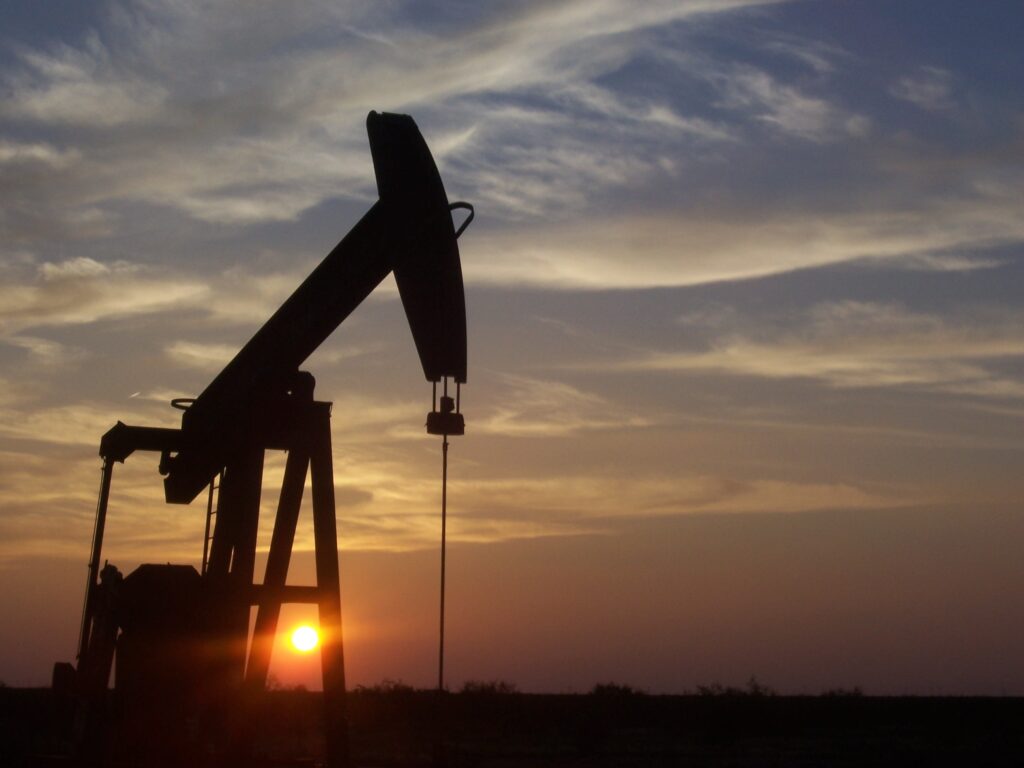In response to significantly lower oil and natural gas prices, America’s energy sector is retrenching rapidly. The drilling rig count has dropped by more than 50 percent over the past year, while companies large and small have announced sizeable layoffs and cuts in their capital budgets for 2015 and 2016. Nonetheless, several states, including Pennsylvania and Ohio, are considering imposing or hiking production taxes—called severance taxes—on oil and gas operators. These increases will be in neither the public’s nor the industry’s best interests.
Governors and state legislators should keep in mind that in today’s competitive environment, producers in their states are simply “price takers.” What this means is that any factor increasing the marginal cost of production, such as new or higher severance taxes, will put that state’s operators at a competitive disadvantage. The result will be lower production today and diminished investment in the future.
What’s more, as the experience of Texas and other energy producing states has demonstrated over the years, severance taxes are not dependable revenue sources because they rise and fall with changes in output and price. With prices for oil and natural gas expected to remain low for an extended period, their contribution to total state revenues is likely to be quite small and not enough to offset any sizeable cuts in other taxes. In addition, it’s never good public policy to increase the tax burden one specific industry as opposed to imposing or hiking taxes generally across all industries.
It’s not as though oil and gas producers aren’t already paying more than their fair share of taxes and fees to state and local governments. Aside from severance taxes, all producers pay state sales taxes on equipment purchases as well as some servicing activities. Most producers are also subject to state income or gross receipts taxes, and some states impose impact fees on each well drilled. At the local level, oil and gas companies pay property taxes on their operating equipment and reserves.
In addition to the taxes paid directly by oil and gas operators, working interest owners must report payments received for state income tax purposes. Landowners with royalty interests in oil and gas wells must pay severance taxes on their individual shares of production even as their net income falls in today’s price climate, further reducing revenues to the state.
The oil and gas renaissance has been a boon for states with shale plays, bringing with it heightened levels of economic development, jobs and tax revenue. For the shale boom to continue in the face of lower prices, tax and regulatory policies must remain accommodative. If a state imposes new or higher severance tax rates in today’s low price environment, the result will be fewer jobs in an already distressed industry and diminished prospects for future investment when prices rebound.





